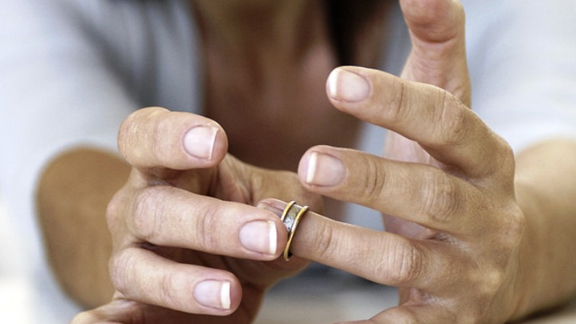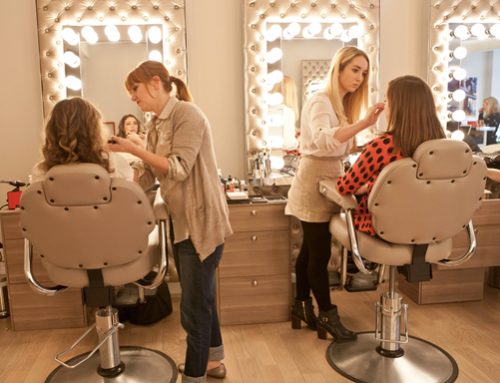by Katherine Lee, LCSW
Learning that your partner or spouse has been cheating can feel Earth-shattering. To discover that the person you’ve loved and trusted has committed the ultimate betrayal can make one feel like they may never get over what’s happened. A common reaction after the initial shock has settled is to take the plunge into couples counseling. A desperation to fix the issues that led to cheating in the first place and to answer the question of, “where do we go from here?” together is understandable. But in many cases, individual therapy should be considered as a first step or as an adjunct to your couple’s sessions. Here are some reasons why.
You’re experiencing PTSD-like symptoms that are interfering with everyday life
Post-infidelity stress disorder (PISD) can happen after learning of a partner’s affair, and its symptoms are very much akin to PTSD (post-traumatic stress disorder). Replaying “missed” moments in your head that may have been signs of betrayal, hyper-vigilance and constant worrying about future acts of cheating, and erratic sleep and concentration are typical. If this is the case for you, techniques common to individual therapy can help to alleviate these symptoms, especially when they are at an all time peak. You’re likely to get more bang for your buck by entering into your own therapy if these symptoms are prominent and you can devote entire sessions to focusing on changing them, which isn’t always realistic in a couples format.
It’s feeling impossible to move past the anger
Anger that your partner has stepped outside of the relationship is par for the course. It can be a normal and healthy reaction, and can particularly help when feeling like you are to blame for the cheating. However, longstanding or intense bouts of anger may interfere with couple’s therapy and may cloud one’s ability to work collaboratively with your partner. If there’s a strong wish for the couple’s therapist to take sides, or to shame the cheater for what he/she has done, individual therapy may be a better option for the time being in order to process anger in a safe space. Additionally, having your own place to sort through the anger can help you to work more in tandem in your couple’s sessions.
Finding out about the affair triggers deeper, unresolved issues from your own past that have not yet been worked through
The goal of a good couple’s therapist is to assess strengths and weaknesses of your relationship, to mediate communication, and to help improve problematic patterns. But what if the learning of your partner’s affair make personal issues resurface? Dwelling upon your parents’ rocky relationship, older instances of betrayal by a different romantic partner, or any kind of past situation that dealt with feeling unlovable or disposable can be common. Again— although helpful to bring up and talk about in couple’s therapy, it’s not completely feasible to fully process such issues, and it also may not feel as comfortable or as safe.
Your partner isn’t willing or flip-flops on the idea of couple’s therapy
It goes without saying that it takes two willing participants to commit to couples therapy together. If your partner is resistant to speaking to someone, or goes back and forth about it being good idea (and this can be common), why wait for him/her to decide when you can start to feel better on your own? Also—if your partner feels that the two of you have resolved the issue in private and that no therapy is needed, but you feel differently, seeking out your own therapist is a great place to start, especially if you can identify with some of the feelings I’ve written about.
If you’ve just learned of your partner’s infidelity, deciding which kind of professional help is best may feel tricky, and I hope this blog will help to make the process a bit easier. There’s never any wrong time to start individual therapy, and you may realize it’s needed once you and your partner are settled into seeing a couple’s counselor. This is perfectly normal and okay. A good individual therapist will speak with your couple’s counselor to be on the same page and to help you in your own treatment.





